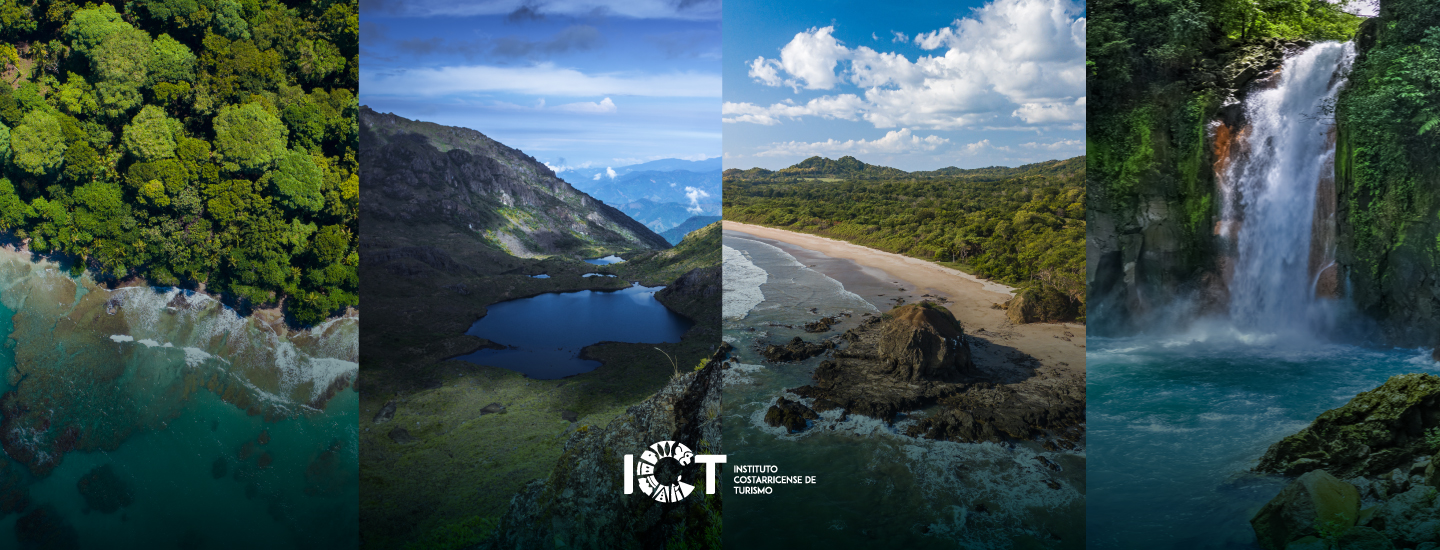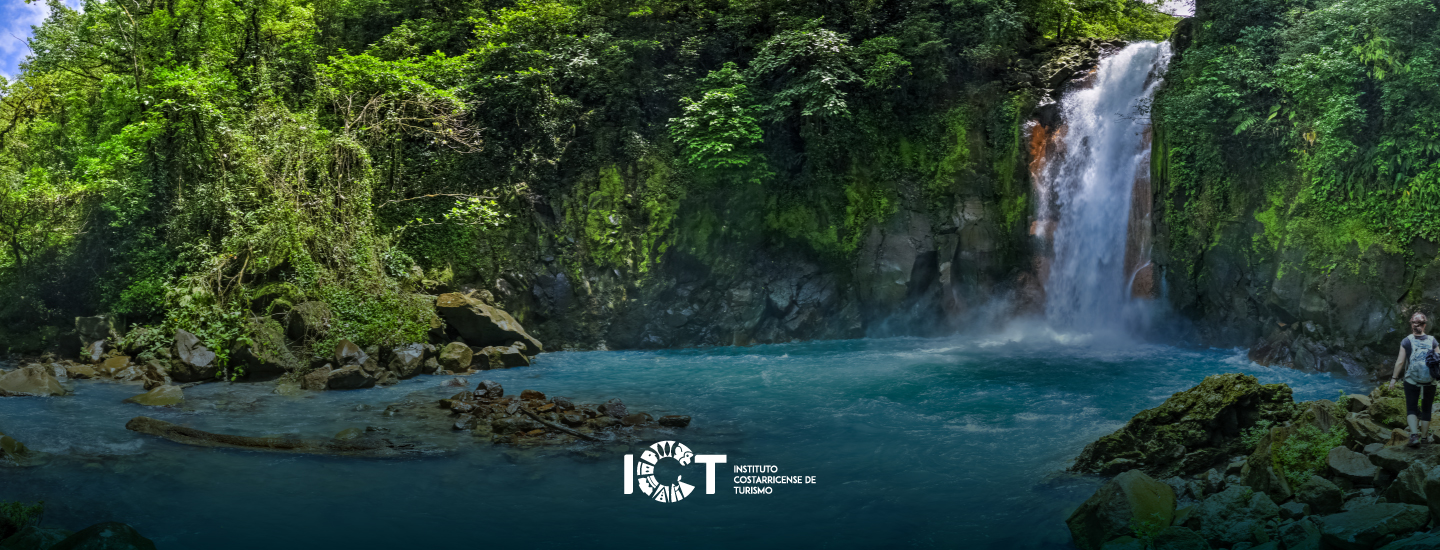Tourism safety intensifies over the previous 12 months
- Hiring of lifeguards, beach signage, training of 3,500 people and solid inter-institutional agreements stand out in the integrated prevention formula promoted by ICT.
Noting that a sustainable destination must also be safe, the Costa Rican Tourism Board (ICT) has implemented a series of twenty actions to strengthen tourist safety in the country.
The measures adopted included inter-institutional partnerships with the Public Safety Ministry, the Costa Rican Red Cross and the University of Costa Rica (UCR), since ICT understands that risk management is a task that it is facing alongside other social, academic and political actors.
The advances include an investment of ₡550 million for the construction of two new police stations: one in Tamarindo, Guanacaste and another in Santa Teresa de Cóbano, Puntarenas. ₡150 million was invested to hire 20 certified lifeguards (beginning on August 5) to monitor three popular beaches with high rates of drowning, while the lifeguard program will be expanded over the next three years with a budget of ₡870 million. Signage was posted on 100 high-risk beaches and preventive videos are being shown at international airports alongside advertising campaigns, digital tools and training imparted to 3,500 people.
“Building up tourist safety in Costa Rica, a world-class destination, requires us to bring together many actors, all of whom have answered the call to action form ICT to work towards the right solutions in a holistic manner”, noted the Minister of Tourism, Maria Amalia Revelo, on Wednesday.
The Minister has promoted participation by high level representatives in the National Tourist Safety Commission (CONSETUR). This commission has acted to triple the number of bilingual public prosecutors serving tourist areas to facilitate the processing of complaints by tourists who are victims of a crime.
Strategic partners
On November 21 of last year, ICT signed a five-year (2018-2023) framework agreement with the Public Safety Ministry which, in addition to providing for the development of Police Force infrastructure in tourist areas, will also help in the acquisition of equipment and training for the 308 officers of the Tourist Police.
Five months later, ICT signed an agreement with the Costa Rican Red Cross – which has been its partner since 2015 – to improve the ability to respond and attend to incidents involving swimmers at sea. The agreement includes funding of ₡150 million, which allowed for the hiring of 20 certified lifeguards over six months for Manuel Antonio, Ballena and Cocles-Manzanillo, popular beaches with high numbers of cases of drowning.
In a complementary action, ICT partnered with UCR to launch version 3.0 of the MIOCIMAR app, a tool that provides forecasts of rip currents as well as wave and ocean conditions.
Constant information for tourists and the tourism sector
The process of building awareness of tourist safety has led to the training of over 3,500 people in the tourism sector between November 2018 and the present. This training relates to preventing emergency situations and to deal with them properly when they do occur.
While visitors to our country wait at the immigration area of Juan Santamaría airport, the main port of entry to Costa Rica, ICT has prepared 11 videos that will play on a loop, which deal with various issues of tourist safety including the use of public transportation, information for women traveling alone and adventure tourism. Advertising campaigns entitled Regresemos a salvo a la orilla (Get back to shore safely) and Cuidémonos Juntos (Let’s take care of one another) were also published.
To better serve tourists, ICT created the first version of the Travel Safe CR app, with advice and information on beaches, cities, hotels, highway transportation, emergency contacts and a directory of the main embassies. All of this information is fully accessible and usable even if tourists do not have internet access. The app has already been sent to the Play Store and App Store for approval in the next six weeks.
In addition, ICT has created a Chatbot, a tool that uses artificial intelligence to assist domestic and international tourists 24 hours per day in English and Spanish at www.visitcostarica.com.
“Our commitment is to continue to combine our efforts and work with strategic partners to be a safe destination”, emphasized Revelo.

